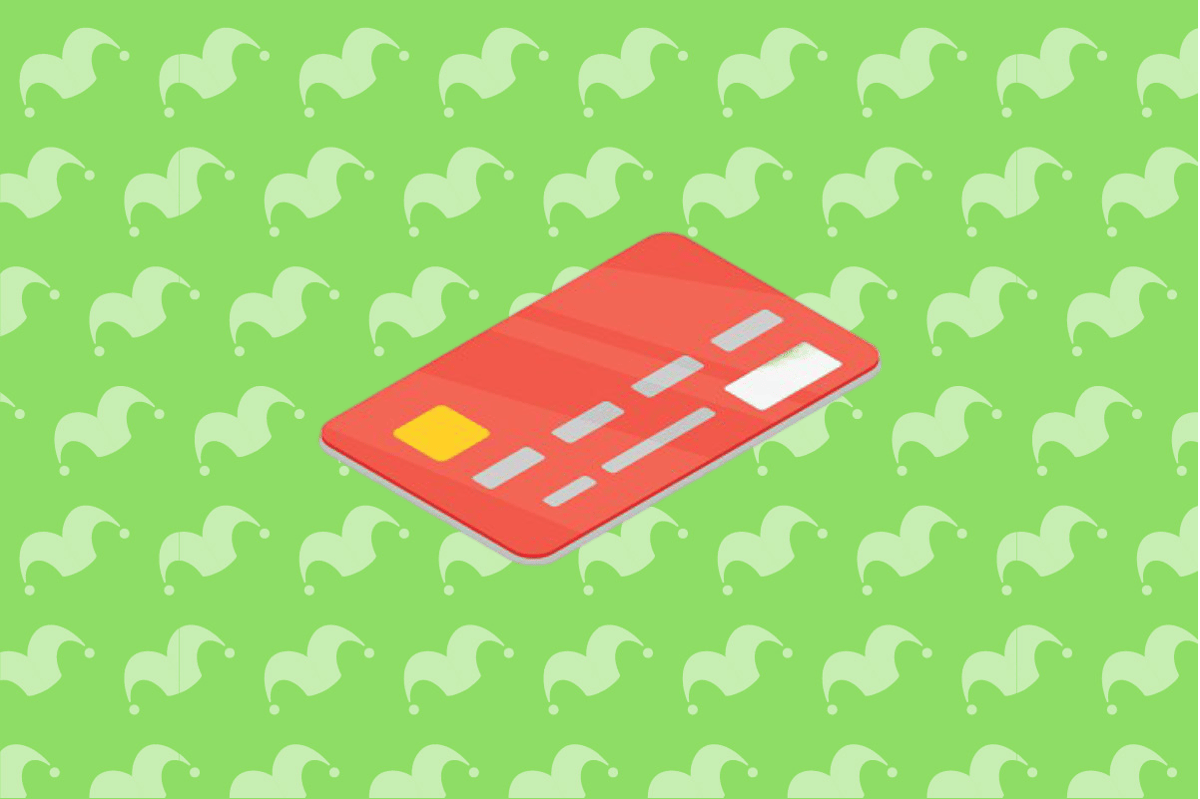Does a balance transfer always make sense when you owe money on multiple credit cards?

As of the last quarter of 2024, Americans have $1.05 trillion in credit card debt, according to TransUnion. And you may be trying to pay off multiple balances on your own.
Juggling multiple credit card balances is no fun. Not only is it stressful, but you run the risk of accidentally missing a payment and causing your credit score to take a huge hit.
So, if you have debt on multiple credit cards and are looking for a way to consolidate your debt, you may be inclined to do a balance transfer. A balance transfer may mean you can pay off your debt more easily by taking advantage of an introductory interest rate of 0% for a limited period of time.
Key benefits: Save money while paying off your debt with one of our top-rated balance transfer credit cards
But while you might think a balance transfer is the best option in this situation, that’s not always the case. In fact, it may be much better to consolidate your debt into a fixed-rate loan and pay it off over time.
Why a Balance Transfer Isn’t Right for You
Balance transfers allow you to enjoy the benefit of not accruing interest on your debt, usually for a limited period of time. But the problem is that once the introductory period ends, the interest rate on your balance is likely to skyrocket.
Additionally, most balance transfer offers limit the introductory period to less than two years. If you’re lucky, you might get 21 interest-free months or 18 months. However, this may not be enough time to lower your balance to $0.
There may also be costly fees associated with balance transfers. In fact, 3% is pretty common. But if you owe $10,000, you’ll have to pay $300 for that transfer. ouch.
Additionally, there may be balance transfer restrictions that may not be suitable for you. For example, if you can’t transfer all of your credit card debt, a balance transfer may not be worth it. Ultimately, the biggest benefit of balance transfers is consolidation. If you’ve paid off most of your debt but still have $3,000 left on an additional card, you haven’t necessarily solved the problem the way you want.
A fixed-rate loan may be better for you
Obviously, balance transfers have their downsides. So, instead of a balance transfer, you may want to consider a fixed-rate loan, such as a mortgage or personal loan.
These loan options allow you to skip the 0% initial period you can get with a balance transfer. But it will take much longer to pay off your debt.
Now let’s say the interest rate on your balance is between 18% and 24%. You can sign up for a fixed rate personal loan at 8%. But you don’t only have 12 or 18 months to repay your loan. You can easily get a five-year term, which gives you more breathing room since you are guaranteed an 8% interest rate for the life of the loan.
Consolidation is also possible with fixed-rate loans. every your debt. So it might make more sense logically.
Now, just as there are typically fees associated with a balance transfer, there may be closing costs involved in arranging a home equity or personal loan. So you need to compare the costs involved.
However, you shouldn’t assume that a balance transfer is the best option when trying to consolidate multiple credit card debt. A fixed loan may be a better option due to the fact that it gives you more time to deal with your debt without having to worry about soaring interest rates while you are in the process of paying it off.
NOTE: Our top-tier cashback cards now offer a 0% introductory APR through 2025.
This credit card isn’t just good. This is a very good card that professionals use personally. Features a long 0% intro APR period, cash back rates of up to 5%, and no annual fee! Click here to read the full review for free and apply in just 2 minutes.



